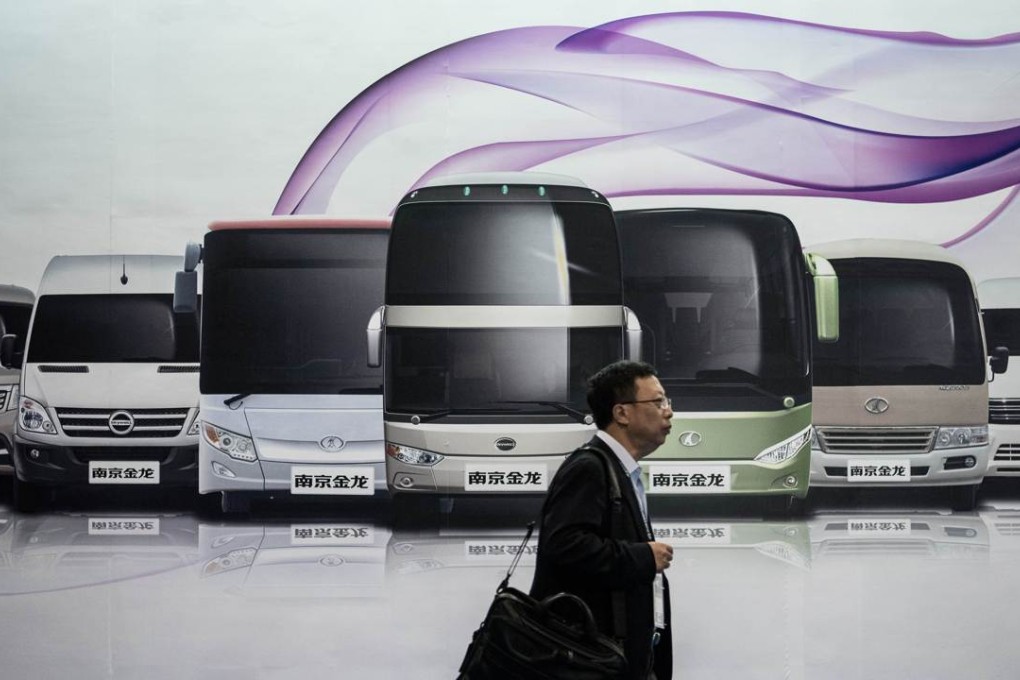Batteries may stall China’s electric vehicle push
High costs and technological constraints threaten to undermine Beijing’s drive for clean cars and buses

The future looks bright for electric vehicles, in inverse proportion to the skies over Beijing, as the central government signals its increasing resolve to combat pollution against the backdrop of fresh global accord on climate change.
But the arrival of the electric car depends on the battery – a component short on capacity and supporting infrastructure, with an unclear technological development path and misaligned supply and demand.
The mainland is about to replace its three-year electric vehicle subsidy programme with an ambitious new one, targeting 2 million electric vehicle sales annually and 5 million in accumulated shipments by 2020.
It’s a substantial step up. Unit sales are expected to reach 292,000 this year, and the market will need to sustain a compound annual growth rate of 48 per cent to meet the 2020 target, Nomura analysts say.
But it’s supported by a strongly positive trend line. Volume is up 257 per cent this year, fuelled by explosive growth in the e-bus market which has leapt 404 per cent.
Subsidies have been a major driver. The policy shift towards pure electric buses, as opposed to hybrids, boosted the former’s share of new sales from 61 per cent in 2014 to 76 per cent in the first three quarters of 2015.
